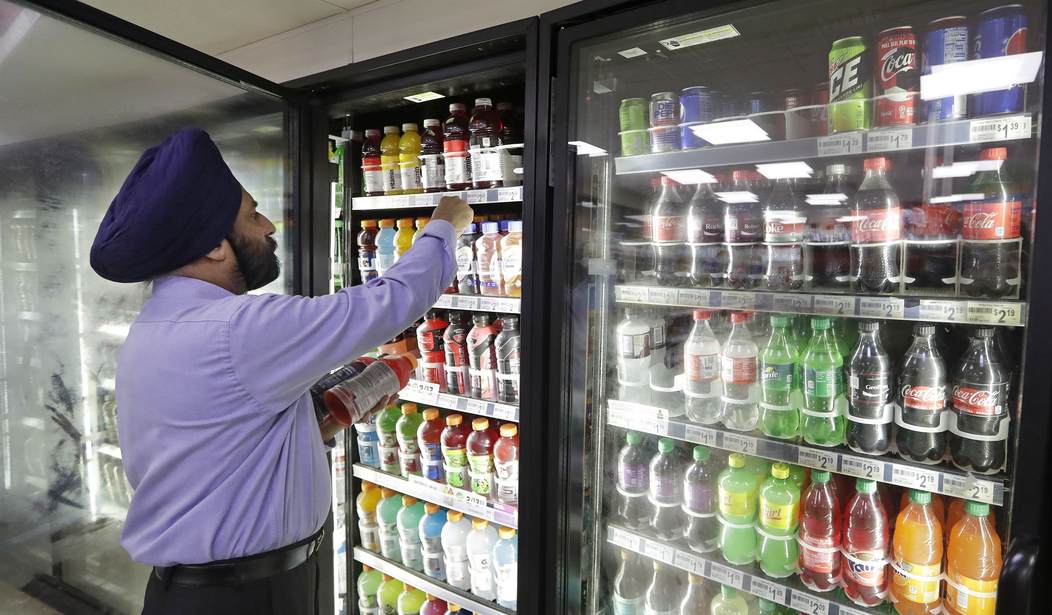Shoppers across the country are going into stores and seeing empty shelves and long lines as Americans prepare to quarantine themselves for an unknown period of time to prevent the spread of COVID-19. For some, this means stocking up on essential household goods and non-perishable food as we all begin to socially distance ourselves from one another.
While all the data point to a self-imposed quarantine as the best solution to “flatten the curve” to ensure that our healthcare system is not overwhelmed with cases all at once, the “panic buying” that has ensued has created an unnecessary burden on those who desperately need supplies, but can’t seem to find them at stores in their community.
Many are left wondering, why are people panic buying at all, particularly items some view as unnecessary?
Experts say this is, in part, due to the uncertainty of what is to come. And while we cannot control many things regarding this virus, many feel like they can compensate for that uncertainty by over preparing and stockpiling certain goods. An obvious example of this is the toilet paper shortage, where consumers are able to purchase large quantities at a time easily, which provides some semblance of security for the shopper.
Unfortunately, this panic buying leaves some with many, and many with none. This is sadly the new reality unless action is taken to ease the mind of consumers.
One way to prevent panic buying and ensure that supplies are available for those most in need is to secure the supply chains necessary to provide these items. Not only the manufacturing, but also the retail locations where these goods are distributed.
We must provide support to our grocery and convenience stores that are on the front lines of ensuring that consumers get the products they need.
Recommended
President Donald Trump held a call over the weekend with food industries to discuss the growing crisis and held a news conference on Sunday where he urged shoppers to avoid panic buying.
Thankfully, President Trump has indicated that he wants to help stores that supply food stay open. While it seems the administration is primarily focused on grocery store chains, it is critical to remember that convenience stores are also a key component of this equation.
Over 23 million Americans live in a “food desert,” an area that has limited access to affordable and healthy food options. Convenience stores are often a key resource for rural and densely populated communities, which is why half of convenience store sales, totaling over $121 billion, are food and drink items. Around 86% of rural Americans say that they live within 10 minutes of a convenience store, and 89% of urban Americans live less than 3 miles from a convenience store. These communities trust that they can get the food and drink supplies they need at their local convenience store.
In addition, convenience stores are a key avenue for SNAP recipients to purchase critical goods, with over 115,000 locations across the country accepting these benefits. Convenience stores are also one of the few food options for those who work late or overnight shifts and have to do their shopping when grocery stores are typically closed. This is all in addition to convenience stores providing 80% of the fuel used in the United States.
The panic caused by thinking your local store, where you purchase essential goods, could be closed at any minute is understandable. And it is up to our elected officials to make clear that these stores will remain open and supplies will continue to be available as long as possible, while taking into account the safety of both the employees and customers.
If we want to prevent panic buying and ensure that resources are available to those who need it, whether it's a delivery driver needing fuel or an emergency responder working the overnight shift, we must support convenience stores, which provide our communities with the food, fuel, and essential goods we need.

























Join the conversation as a VIP Member